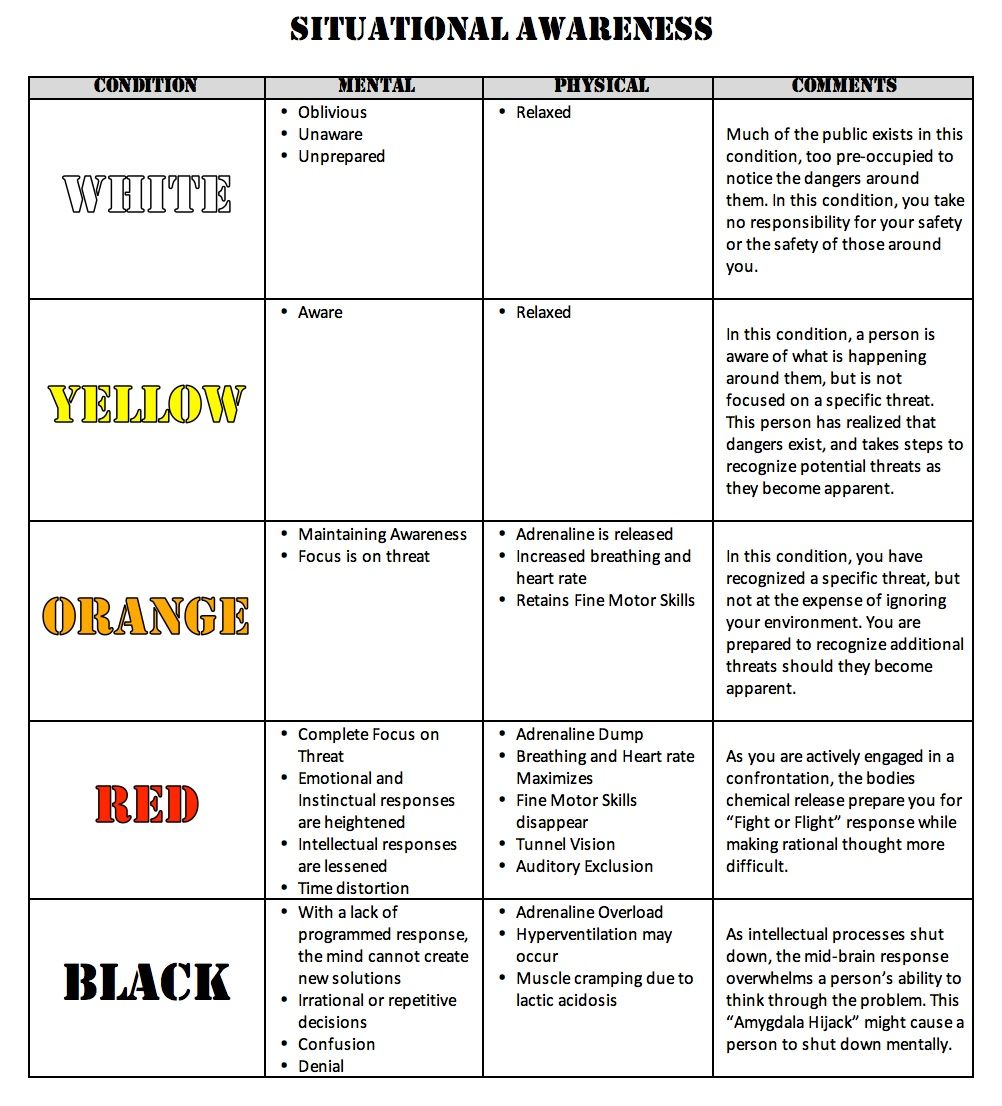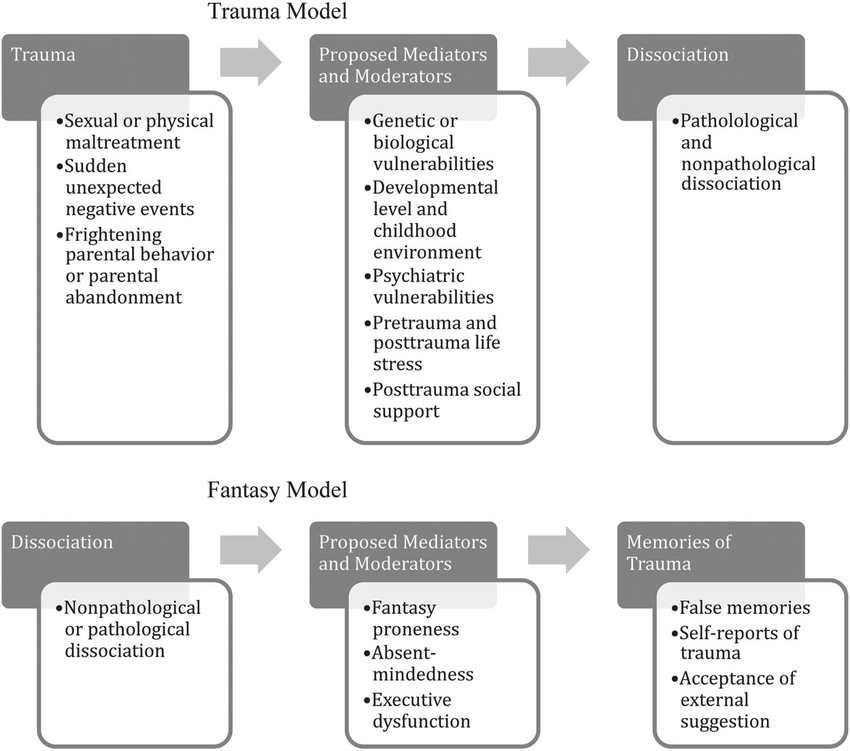In 1975, Reba Wilcoxon wrote an article on The Imperfect Enjoyment, a poem by one of my favorite poets, the Earl of Rochester (1647-1680). She argued it was not just pornographic, but obscene, because it fulfills aesthetic demands, which pornography does not. Pornography is merely promotional, “a stimulus to an experience rather than focused on one”. (1)
Reading this, I couldn't help a wry smile, thinking of The Cure's 1982 album Pornography and the controversy around that title. The only two founding members of the band who are still part of The Cure today, Robert Smith and Simon Gallup, butted heads because of it. I always thought it stupid that they fought about that word so much. Simon apparently laughed a lot, amused to no end by the title and ridiculing it, while Robert insisted it meant more than Simon's juvenile sex jokes and was indeed artistic, a sort of soul strip which exposed the inner workings of his (master) mind. (Most of the band biographies mention that fight, just pick one.)
As it turns out, Simon was probably right. “Pornography finally thinks of nothing more than the hand in the lap […]”, Herbert Gold stated. (2) Obscene on the other hand has a much wider meaning according to the New English Dictionary: abominable, disgusting, filthy, indecent. Which seems to fit Robert's intentions a lot better – he could've chosen Obscenity as a title. Not that his soul is filthy or strips can't be beautiful, but anyone who has ever listened to that album knows what I mean. Considering sales, the title was a smart move nonetheless. Most people would rather buy something linked to sex than a 43 minute long musical musing on disgusting depths of the mind.
This is precisely the reason Harold Robbins sold over 750 million copies of his books, while hardly anyone bothers to pick up a collection of Rochester's poems. Though Rochester wrote extensively about fucking, he did not only mention the fun part, but the downside as well (limp dick, STDs, dirty underwear and so on). As far as I remember, Harold Robbins' heroes never suffer from erectile dysfunction.
P.S.: A wonderful work on obscenity in the sense of indecency (yes, sex and also pornography) is Speaking the Unspeakable. A Poetics of Obscenity by Peter Michelson, published in 1993 by the 'SUNY series, the margins of literature' (you gotta love that series and its titles).
(1)Reba Wilcoxon: Pornography, Obscenity, and Rochester's 'The Imperfect Enjoyment', in: Studies in English Literature. 1975, Summer, 15(3), 375-390.
(2) Herbert Gold: The End of Pornography. SR, Oct 31, 1970.
Reading this, I couldn't help a wry smile, thinking of The Cure's 1982 album Pornography and the controversy around that title. The only two founding members of the band who are still part of The Cure today, Robert Smith and Simon Gallup, butted heads because of it. I always thought it stupid that they fought about that word so much. Simon apparently laughed a lot, amused to no end by the title and ridiculing it, while Robert insisted it meant more than Simon's juvenile sex jokes and was indeed artistic, a sort of soul strip which exposed the inner workings of his (master) mind. (Most of the band biographies mention that fight, just pick one.)
As it turns out, Simon was probably right. “Pornography finally thinks of nothing more than the hand in the lap […]”, Herbert Gold stated. (2) Obscene on the other hand has a much wider meaning according to the New English Dictionary: abominable, disgusting, filthy, indecent. Which seems to fit Robert's intentions a lot better – he could've chosen Obscenity as a title. Not that his soul is filthy or strips can't be beautiful, but anyone who has ever listened to that album knows what I mean. Considering sales, the title was a smart move nonetheless. Most people would rather buy something linked to sex than a 43 minute long musical musing on disgusting depths of the mind.
This is precisely the reason Harold Robbins sold over 750 million copies of his books, while hardly anyone bothers to pick up a collection of Rochester's poems. Though Rochester wrote extensively about fucking, he did not only mention the fun part, but the downside as well (limp dick, STDs, dirty underwear and so on). As far as I remember, Harold Robbins' heroes never suffer from erectile dysfunction.
P.S.: A wonderful work on obscenity in the sense of indecency (yes, sex and also pornography) is Speaking the Unspeakable. A Poetics of Obscenity by Peter Michelson, published in 1993 by the 'SUNY series, the margins of literature' (you gotta love that series and its titles).
(1)Reba Wilcoxon: Pornography, Obscenity, and Rochester's 'The Imperfect Enjoyment', in: Studies in English Literature. 1975, Summer, 15(3), 375-390.
(2) Herbert Gold: The End of Pornography. SR, Oct 31, 1970.


 RSS Feed
RSS Feed
